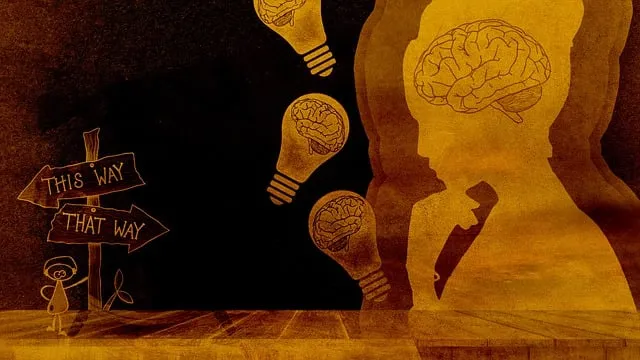Kaiser Permanente addresses mental wellness disparities in Castle Rock through app development, offering user-friendly tools focusing on strength development, stress management, and emotional well-being. These apps incorporate AI-guided meditations, gamified challenges, crisis intervention, and evidence-based practices to provide accessible, tailored support. By democratizing mental health services, Kaiser Permanente's model empowers users to manage their mental health proactively, preventing issue escalation and promoting global mental healthcare innovation through technology.
In today’s digital age, mental wellness apps are transforming the way we approach psychological care. This article explores the growing need for these tools, drawing insights from a Kaiser Permanente perspective. We delve into designing effective features that foster engagement and therapeutic support. Additionally, it examines how technology broadens access to high-quality mental health services, even in areas like Castle Rock, mirroring the comprehensive care models pioneered by organizations like Kaiser Permanente.
- Understanding the Need for Mental Wellness Apps: A Kaiser Permanente Perspective
- Designing Effective Features for User Engagement and Therapeutic Support
- The Role of Technology in Expanding Access to Castle Rock-Style Mental Health Services
Understanding the Need for Mental Wellness Apps: A Kaiser Permanente Perspective

In today’s fast-paced world, mental wellness is an increasingly pressing concern, prompting organizations like Kaiser Permanente to explore innovative solutions. The need for accessible and personalized mental health support has never been greater, especially in areas like Castle Rock where healthcare disparities can exist. Mental Health Awareness is a key focus, recognizing that mental illness impacts individuals across all demographics.
Kaiser Permanente’s approach involves leveraging technology through app development to enhance care. By creating user-friendly applications, they aim to foster Inner Strength Development and provide tools for stress management, mindfulness, and emotional well-being. Furthermore, these apps can contribute to Healthcare Provider Cultural Competency Training by equipping professionals with a better understanding of diverse patient needs, ensuring inclusive and effective mental health services in communities such as Castle Rock.
Designing Effective Features for User Engagement and Therapeutic Support

Creating an engaging mental wellness app requires a strategic blend of user-centric design and therapeutic elements. To capture users’ interest and encourage consistent engagement, features should be diverse and interactive, from personalized meditation sessions guided by AI to gamified challenges promoting mood tracking and goal setting. Incorporating elements inspired by popular programs like Kaiser Permanente’s mental health initiatives in Castle Rock, these apps can offer accessible, tailored support.
Beyond entertainment, effective app design integrates crisis intervention tools and risk assessment components, drawing from evidence-based practices. Crisis Intervention Guidance, for instance, can provide users with immediate resources during distressing moments. Mental Health Education Programs Design within the app can equip users with coping mechanisms and self-care strategies, fostering a sense of agency over their mental health. This multifaceted approach ensures that users not only find the app engaging but also receive valuable therapeutic support.
The Role of Technology in Expanding Access to Castle Rock-Style Mental Health Services

Technology has significantly transformed the mental health landscape, making services more accessible to a broader population, including those who might otherwise face barriers to care. For instance, Kaiser Permanente’s approach to mental health, exemplified by its Castle Rock model, can now be scaled and enhanced through digital tools. Apps designed for Mental Wellness offer a convenient and confidential way for individuals to access therapy, counseling, and support groups, breaking down geographical constraints that once limited access to quality mental health care.
By integrating various Stress Reduction Methods and Stress Management techniques into these apps, users are empowered with tools to proactively manage their mental health. This shift enables people to take charge of their well-being, receive timely interventions, and potentially prevent the escalation of issues. With continuous advancements in technology, the future holds immense potential for even more innovative solutions to improve global mental healthcare accessibility and outcomes.
Mental wellness apps have emerged as a powerful tool, especially in expanding access to quality care, much like Castle Rock-style services offered by organizations like Kaiser Permanente. By incorporating therapeutic support and engaging features, these apps can significantly contribute to improving mental health outcomes. As technology advances, developers have an opportunity to create innovative solutions that cater to diverse user needs, ensuring that mental wellness support is accessible and effective for all.






